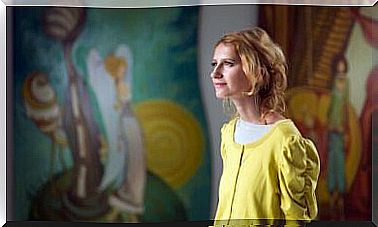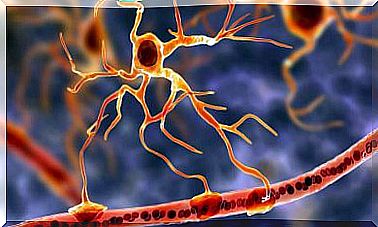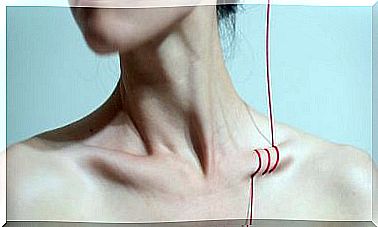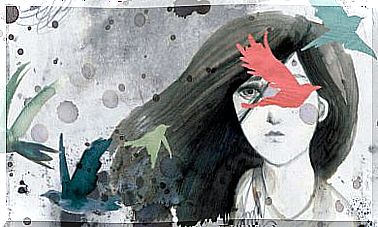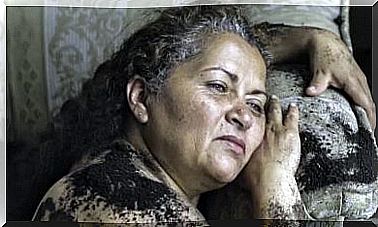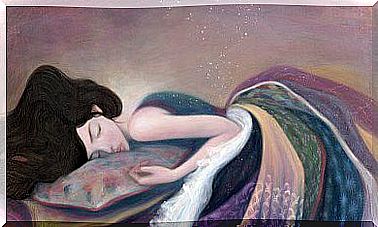Melanie Klein And Child Psychoanalysis
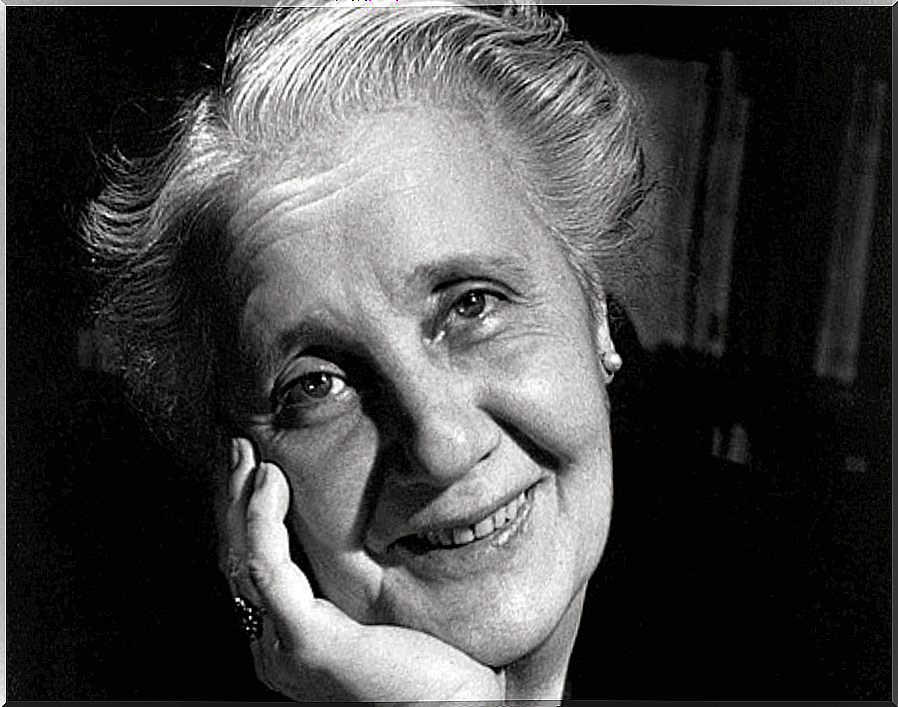
Melanie Klein’s story is that of one of the most important women in psychoanalysis, but also that of a human being who lived through deep mournings and that of an intellectual who faced strong opposition and controversy. His heated debate with Anna Freud marked an entire era.
Melanie Klein is considered the founder of British psychoanalysis . She is the only woman in the history of this chain who is considered head of a school.
His intellectual vivacity and his rebellious character aroused great passions, both through admiration and rejection. His work continues to be the subject of discussion, but of great praise at the same time. Its texts have been translated into 15 languages.
This great Austrian psychoanalyst developed her work mainly with children. She was responsible for structuring the play technique as a means of accessing the child’s unconscious. It departed from Freud’s theses in several respects and provided a consistent and fresh perspective on classical psychoanalysis.
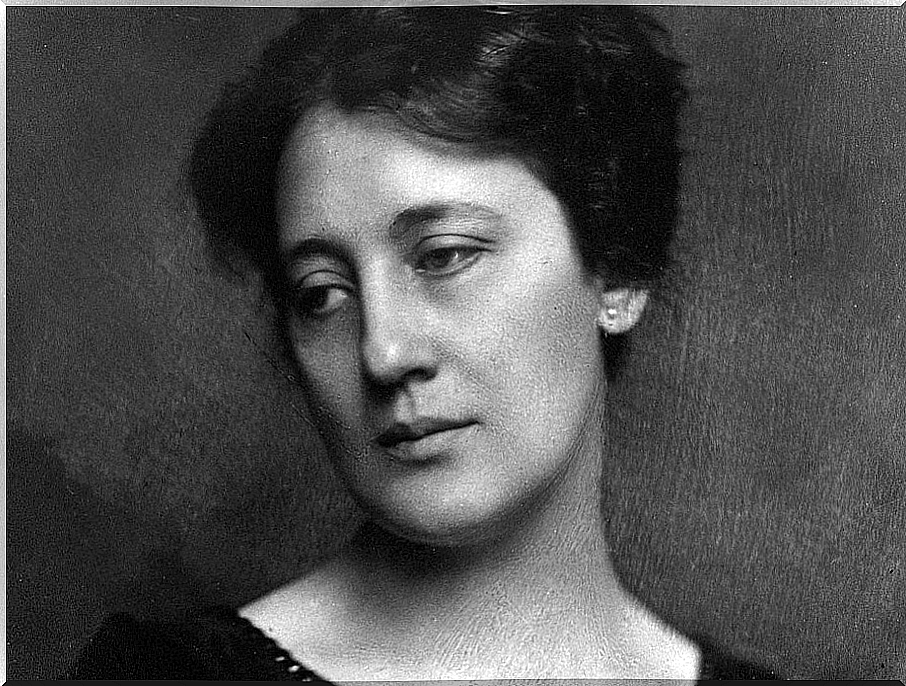
The beginning of Melanie Klein’s life
Melanie Klein was born in Vienna on March 30, 1882. She was the daughter of a Polish Jew who, in turn, came from a very religious and orthodox family. The father broke with that family line and studied medicine. He had a first arranged marriage that didn’t work out. He then married Libussa Deutsch, a woman much younger than him, with a tyrannical and destructive personality. The marriage never worked out.
Melanie Klein was the youngest of four brothers. She was jealous of one of her sisters, who ended up dying of tuberculosis when Melanie was 4 years old. That planted her guilt seed from which she could never get rid of .
On the other hand, Melanie had a close and complex relationship with her brother Emmanuel. This was the only one who supported her when she expressed her intention to study medicine. However, the affection between them went further and had clear incestuous tones. Emmanuel left home to live in Italy.
a hard life
Melanie’s father died when she was 18 years old. To this was added the fact that his beloved brother Emmanuel died shortly after, victim of his alcoholism and a disorderly life.
Soon after, Melanie Klein decided to marry a chemical engineer. She gave up studying medicine and had three children, but her family life made her very unhappy.
Her two oldest children basically grew up with their grandmother, Libussa, who often recommended that Melanie take a trip to balance her anxiety and depression. She then sent aggressive letters accusing her of abandoning her children. When her mother died, Melanie Klein began an analysis with Sandor Ferenczi to treat her depression.
There, she began to become familiar with psychoanalysis, especially after witnessing a reading of Sigmund Freud at a congress held in Budapest.
Ferenczi drew his attention to his great intuitive ability to understand children. Since then, Melanie Klein has leaned into this area and started to produce interesting work.
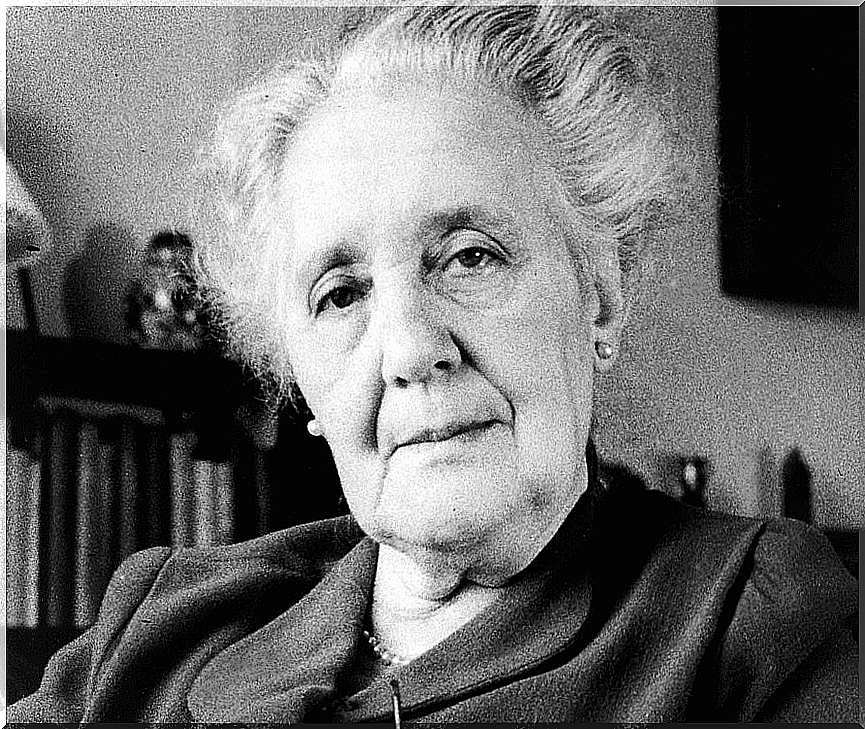
A psychoanalyst of great controversies
One of the controversial aspects of Melanie Klein was that her early work was based on her children’s analysis. Gradually, Klein gained prestige in the psychoanalytic field and made great friendships, such as with Ernest Jones. With him, he fought great battles and formed the psychoanalytic society of Great Britain.
Melanie divorced her husband and settled in England, adopting that nationality. There, she was the protagonist of an acute controversy with Anna Freud about child psychoanalysis. The dispute was so fierce that Ernest Jones himself once had to stop the debate, because London was being bombed and they hadn’t even noticed.
Melanie Klein did a second psychoanalysis with Karl Abraham, whom she always considered her real teacher. However, he died a year after the process began. Melanie’s eldest son also died in a climbing accident, although a potential suicide has not been ruled out. His daughter Melitta became one of his most ardent opponents, a subject that caused him great anguish.
Melanie Klein has written only one book, Children’s Psychoanalysis , and about thirty essays. This was enough to give him an honored place in the history of psychoanalysis. The Kleinian school has many adherents today. Its founder died in 1960 of colon cancer.
